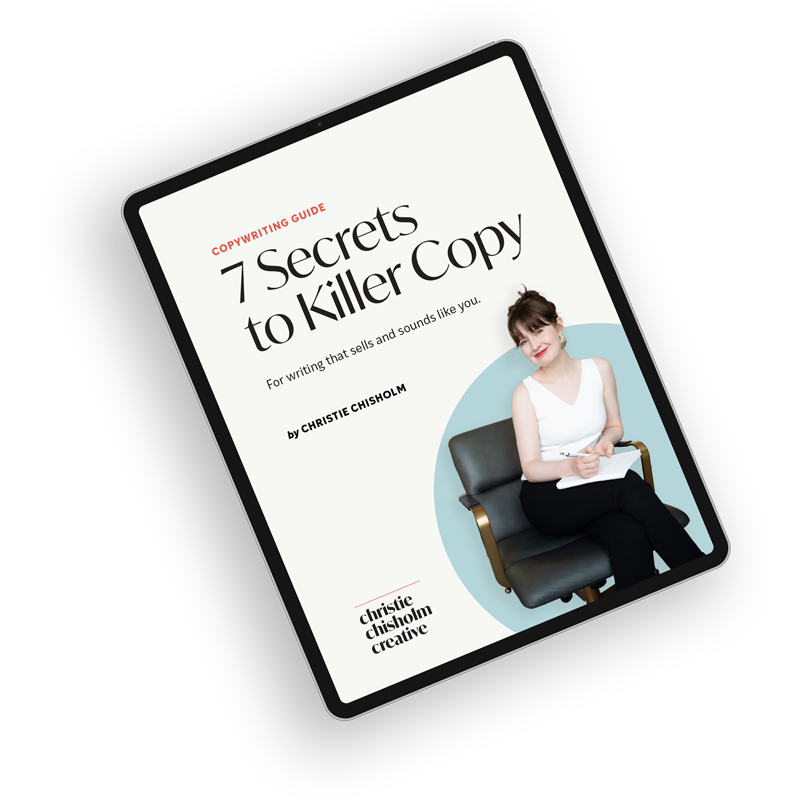Here’s the thing about Norman: He is not very nice. It took me a while to figure out if I cared. Turns out, I don’t. I was surprised.
I met him on a weekday afternoon while taking a break from work to clear my head and stretch my legs. It was February, but the sun was out. I wandered into a bookstore on 114th and Broadway. And then I just bumped into him, as simple as that.
He was beautiful with words, and right away, I was smitten. Norman. Norman! Such a funny little pocketbook name, but in my eyes, he quickly eclipsed the sun and moon. He had such wonderful things to say about the moon, in fact, but that came later. He wooed me quickly. Within days, he was all I could talk about. My friends and coworkers were patient, but you could tell it was starting to wear on them. Norman!—I would say. An eyebrow would raise.
So often in life, we are made to choose between our morals and our passions. A drag on a cigarette. Our savings account or a new plaything. Our work or our bed. Not that first glorious slice of cream cake, but the third. A lover who hurts our feelings.
And also, so often we are disappointed by people once we know them a bit more deeply. That is not always because they are bad people and we are good people—really, those terms mean so little in the subjective ways we each order our lives—but because we meet someone and then imagine who they are. That imagination is a powerful, sweeping thing. It feels almost … certain. And when that someone lets us in on who they actually are, it is inevitably different from that person we had decided they would be. We feel betrayed. Really, the responsibility of that betrayal belongs more with our imagination than it ever did with that someone.
But perhaps that false sense of betrayal is never more hurtful than when we are in love. When we fall in love, for a while, at least, everything else is altered, suspended. Butter is sweeter and our hair is softer and the sidewalks of Manhattan don’t smell bad, per se, they smell … worldly. All things are brighter and richer and yet somehow they also matter less, for they are themselves not the reason they are brighter and richer. They are symptoms of the cure, of what ailed us for every waking and dream-laced moment before Norman! materialized in our hearts—or, you know, whoever.
There is a pause that takes us into the heart of any truly beautiful thing: the swell.
And so when Norman disappoints us, when he shows us who he is, we are confused. Is the butter sweet or rancid? Is it possible it is both? How can that be so?
From what I understand—what I have been told by others and read myself and gleaned from his own words—Norman Mailer was not a particularly nice man. He died nearly a decade ago, at the age of 84. And he has made me feel things I haven’t felt in such a long time. A person could argue, and argue well, that he has changed my life. Oh, Norman. Why did you have to be such a dick?
Before I tell you more about him, or remind you of what you may already know, let’s pause to appreciate the first few words he ever gave me. They make up the opening paragraph of The Fight, a book Norman wrote about the Muhammad Ali and George Foreman fight in Kinshasa, Zaire, in 1974.
There is always a shock in seeing him again. Not live as in television but standing before you, looking his best. Then the World’s Greatest Athlete is in danger of being our most beautiful man, and the vocabulary of Camp is doomed to appear. Women draw an audible breath. Men look down. They are reminded again of their lack of worth. If Ali never opened his mouth to quiver the jellies of public opinion, he would still inspire love and hate. For he is the Prince of Heaven—so says the silence around his body when he is luminous.
It’s all for that last sentence, really. The second half of that last sentence. So says the silence around his body when he is luminous. When he is luminous! Are you kidding me? How do you not fall in love with someone like that?
Norman is showing off his style here, sure, but he is also exposing his supple little underbelly (a terrible and terribly funny bit of imagery, I do realize). For in those words there is more than admiration and architecture, more than a pretty moment and a high-voltage phrase. There is real feeling. There is a pause that takes us into the heart of any truly beautiful thing: the swell. When something touches us, makes us stop, makes us live in that moment a little longer and a little more deeply so that we can know it, makes us think about life and perhaps also death and in so doing makes life actually feel like a precious thing, makes us know gratitude and weightlessness. We only know that feeling in rare, lucky pockets. Norman knows it here. And he invites us in. In 11 words. My god, that is everything.
When I first met Norman, I didn’t remember his reputation. That is a little embarrassing, yes, but also true. His name was familiar the way an actor in a movie is familiar when you can’t remember her name or what you saw her in. It’s there, somewhere, in your brain. You know she is someone, but just … can’t … place it.
Norman Mailer, I thought. Oh, yes, he is a famous so-and-so, and my! His words are beautiful!
Some days later, when I was waxing poetic to my roommate, she filled me in on the reputation I had conveniently forgotten, or perhaps never really known. Norman is remembered not only for his writing but for his temper, his narcissism, his penchant for violence. There are rumors of him punching book reviewers who rated his work poorly, raging like a general lunatic, and even one terrible, awful, no-good story about him stabbing his second wife twice with a rusty penknife in a drunken fight. She was rushed into surgery and survived. But dammit. Damn! How can you still like someone or anything that comes out of them after hearing something like that?
When something makes us stop, makes us think about life and perhaps also death and in so doing makes life actually feel like a precious thing, makes us know gratitude and weightlessness.
This is not to say those rumors are entirely true, and it’s also not to say they aren’t. In a book on writing he published later in his life called The Spooky Art, Norman rebuts those stories. But when you start grading someone’s unsavory behavior on a spectrum in order to rationalize something to yourself, it’s pretty clear there is something you are struggling against. Norman was very likely not a particularly nice man. He was probably some level of misogynist, some breed of bigot.
And yet! And yet. I owe Norman for something great.
I have to amend an earlier statement here, because I claimed I didn’t care about Norman’s reputation and disposition. I do. Of course I do. But I decided I would let myself love his work anyway. I decided that, for me, it was possible, if not to separate the virtuous from the deplorable in a person, to accept the deplorable on behalf of the virtuous.
Two months ago, I was initiating my new roommate to my love of Norman (it really is impossible to escape). I was explaining this internal struggle and out came a very simple sentence, really just a very simple word. I said that, as a writer, there was value in studying and learning from his skill.
I don’t know that I let on at the time, but that word struck me like cartoon anvil. A writer. I hadn’t really written anything in a long time. And using that word to describe myself felt false.
In some of my earliest memories, I am writing. There was always something about writing, when I did it well and even when I did it poorly, that made me feel like mine was a life well-lived. It’s what brought me to journalism. It’s what made me so much of who I am. And yet. Sometimes life will beat out of you key parts of yourself. It is time or energy or heartache or bitterness that does it, and then one day you use the word “writer” to describe yourself and know that you have lost the right to use it. And you are so sickened by this feeling that suddenly a life that was simple and content now seems hollow. If you don’t do something about it, and fast, at the end of your life you will be left with that dreaded specter: regret.
A few days after that blow to my pride and perhaps also to my sense of self, I started this project. This simple, weekly act of writing has unlatched something in me. I am excited again. I am drawn into doing other things I haven’t touched in years—sketching, painting, reading with euphoric eyes. I am no longer too stretched for time or too tired or too heartbroken or too bitter. The sidewalks smell fine. The butter tastes sweet.
***
Many thousands of feet up it went through haze and the fire feathered the haze in a long trailing caress, intimate as the wake which follows the path of a fingerling in inches of water. Trailings of cloud parted like lips. Then a heavier cloud was punched through with sudden cruelty. Then two long spumes of wake, like two large fish following our first fish—one’s heart took little falls at the changes. “Ahhh,” the crowd went, “Ahhh,” as at the most beautiful of fireworks, for the sky was alive, one instant a pond and at the next a womb of new turns: “Ahhh,” went the crowd, “Ahhh!”
—Of a Fire on the Moon, 1970






0 Comments